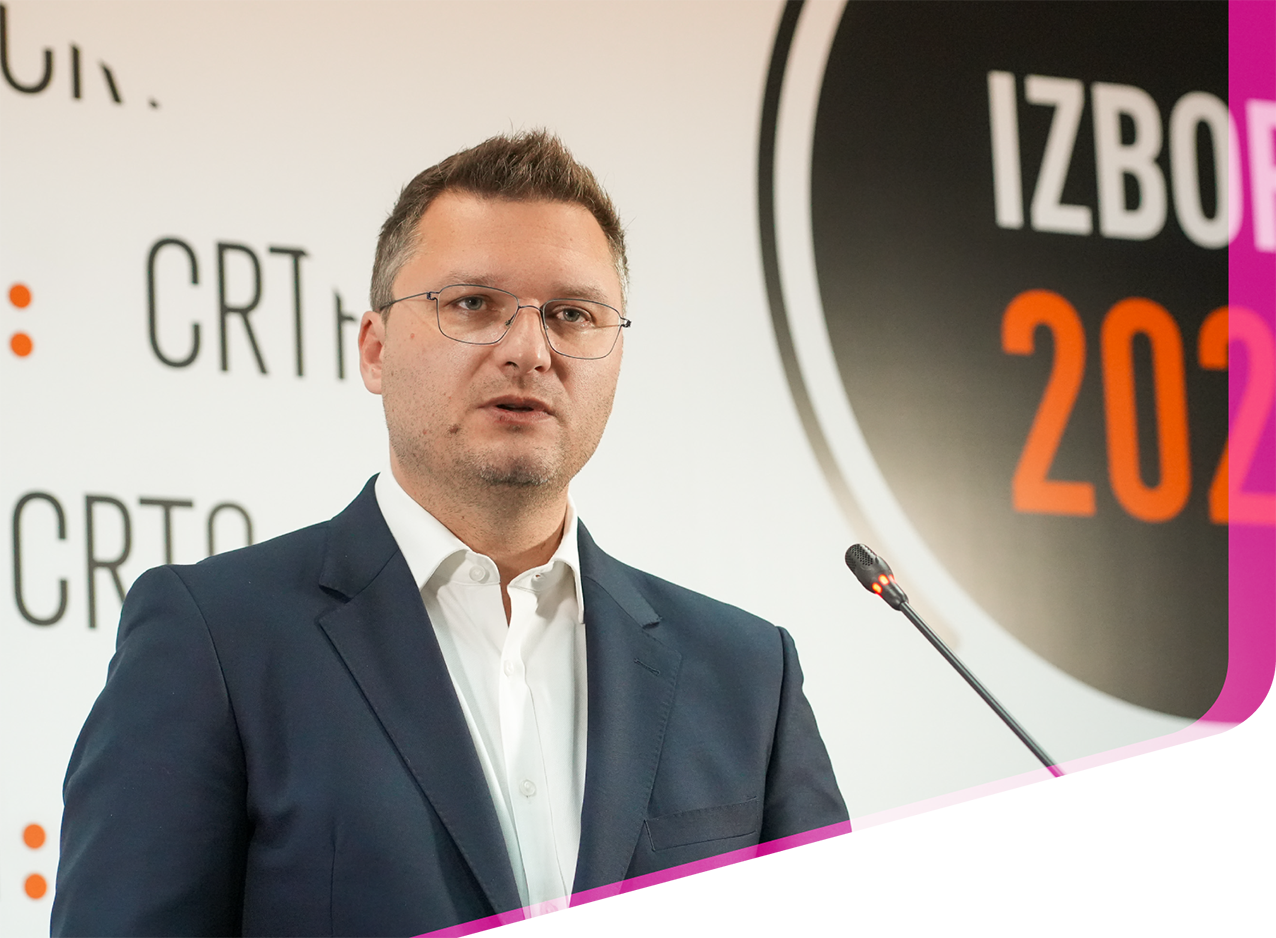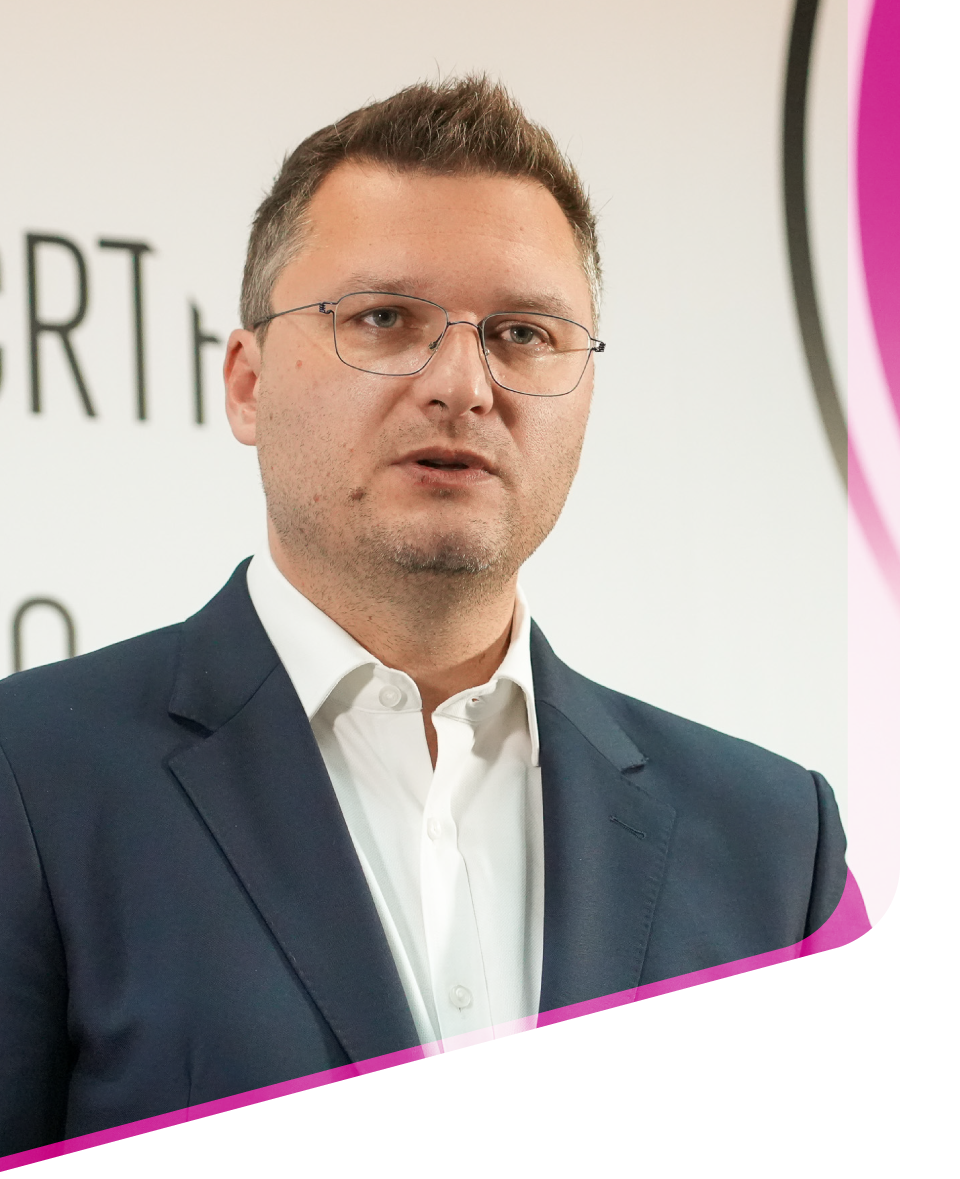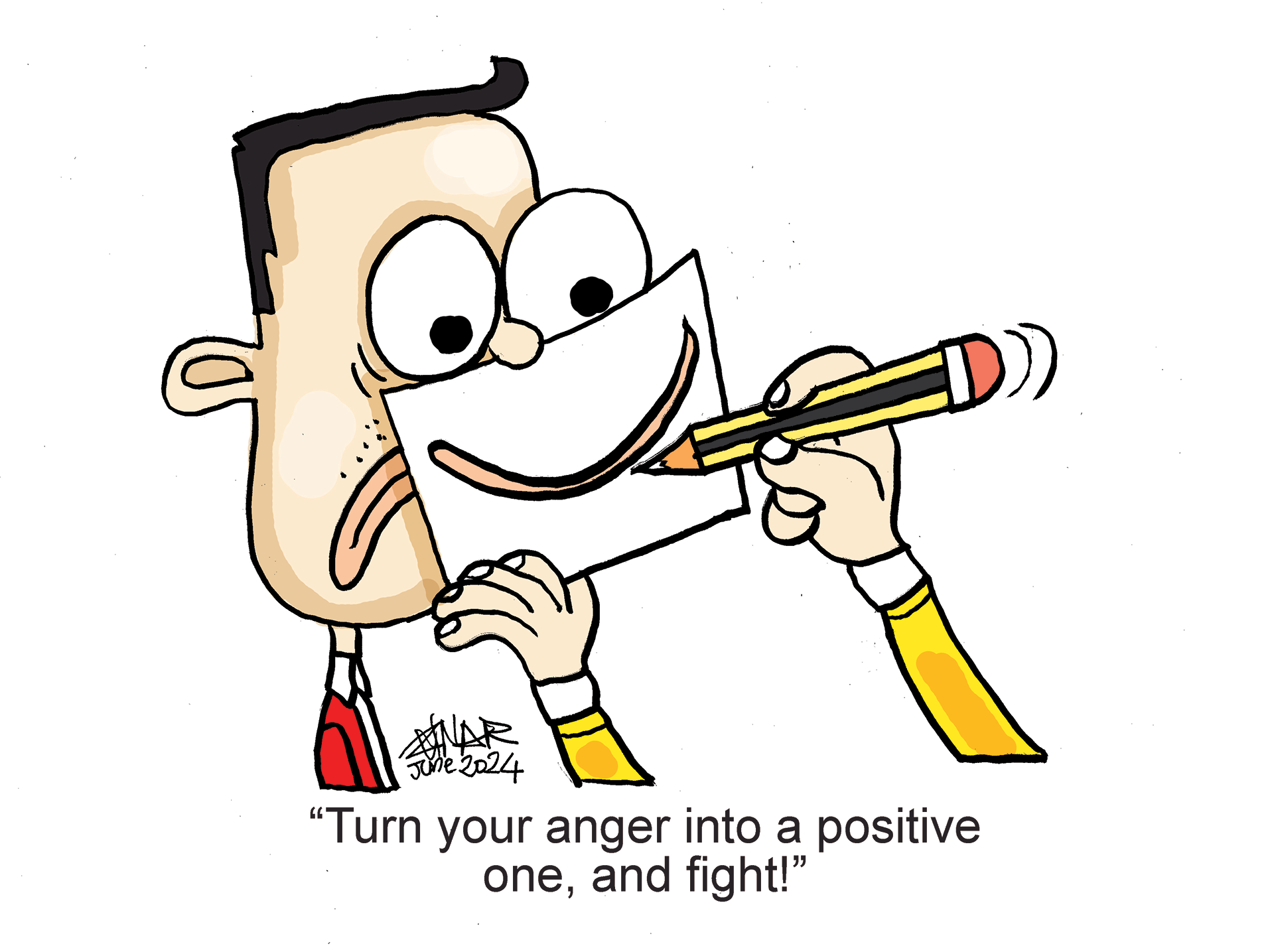
Serbia
Serbia
Serbia
Anger is in the Eye of an Observer
Anger is in the Eye of an Observer
Anger is in the Eye of an Observer
By Raša Nedeljkov
By Raša Nedeljkov
By Raša Nedeljkov

Serbia
Anger is in the Eye of an Observer
By Raša Nedeljkov
“Democracy is a continuous peaceful struggle and a never-ending process of change.”

VITA
Raša Nedeljkov is Program Director of the Center for Research, Transparency and Accountability (CRTA) in Serbia. He has been managing CRTA’s programs since 2013. Since 2016, he has been acting as a Chief of the CRTA’s election observation mission, responsible for the overall coordination and leadership of the mission’s teams and operations within the monitoring of election campaigns and voting processes during the presidential, parliamentary, city, and several local elections in Serbia. As a result of these experiences, Raša acquired a broad understanding of electoral processes and procedures and has been actively supporting free, fair, and democratic elections. He also has extensive expertise and knowledge of the country's media environment and citizens’ perceptions, attitudes, and habits in consuming information and media outputs. Besides the public representation of CRTA and its findings, Raša provides analyses, training expertise, and consultancy on the state of play of institutions’ performance and development, accountability, transparency, and good governance in Serbia and the region to a wide range of organizations and institutions.
We in CRTA are, naturally, a bunch of various people, with different backgrounds, personalities, and tempers. Yet, one might say, we are all angry. It may not sound nice to put it that way because anger is surely not a positive emotion. But it can be motivating. We are angry that the transition of our country into a functional democracy is very slow. Sometimes, the process is not progressing at all, not even at the lowest speed, but goes backward.
CRTA is a feel-good environment for me – I am not being judged for my anger there. To be clear, it is not like we are furious all the time, of course. There’s too much work to do that requires us to be rational, cold-headed, and patient. However, when a huge portion of that demanding work comes to an end, the impact you’ve made, after giving your best and avoiding all the traps, can be unbearably frustrating. For example, elections are over, thousands of people in your observation mission played impeccably like a high-end orchestra, and you have collected tons of evidence as well as courage to go out and firmly state that the electoral outcomes do not reflect the freely expressed will of the voters. And then what? Are you supposed to be happy for proving that your country is not capable of conducting free and fair elections? Should you, as a democracy advocate, live in peace with the fact that the democratic standards have fallen once again? How do you feel when your state president says that the elections were “cleaner than ever” despite all the criminal offenses and irregularities that you have documented and presented? Are you most bitterly disappointed with the public prosecution that does not want to investigate the fraud? What will you say to your observers who got physically assaulted in the backyard of a local police station, and the assaulters remained unknown? Was it worth it?
In such situations, anger helps. It is better to be angry than desperate. Despair might make you give up. Anger gets you running to throw another stone (figuratively speaking – I do not want the regime media to accuse me of inciting violence) to the façade that is left of our democracy. Serbia has too many good people to be left without a prospect of a brighter European future. It is our job to spread the anger amongst those law-abiding and freedom-loving citizens whose state got captured by irresponsible politicians, and who were deprived even of their right to free and fair elections – in the 21st century! We must not let them just shrug their shoulders as if nothing can be done and as if it became normal that elections can’t change anything.
Angry together, stronger together!
After all, there's no such thing as perfect democracy, and democracy is not about promising perfection and delivering a perfect society once and forever (it’s more like totalitarian fashion to give such promises). Democracy is a continuous peaceful struggle and a never-ending process of change, of facing new challenges, and overcoming new antagonisms. I am not saying this to, out of a sudden, relativize the depth of chronic political crises in Serbia, or to tell you that it is, more or less, the same in, let’s say, Germany and Serbia. On the contrary! Democracy globally needs to reinvent itself to provide a sustainable future under enormous threats, such as climate disasters. It makes me tremble with fear when I think of problems like that, knowing that the government in my country cannot even provide an accurate, and non-compromised voter register. I just want to stress how difficult it is to keep pace with the world when you are forced to repeatedly get back to basics. But you simply can’t accept living in a house that has a façade but no firm foundation.

Also, I do not want to give you the impression that what we do is exhausting, but plain. Oh no. We’re dealing with the first-class political manipulators, who employ the most sophisticated techniques and cutting-edge innovations in faking democratic processes and covering up the traces of their corruptive practices. Not that I thank them, but that does make our job so thrilling. It’s neither easy, nor a simple task to constantly disclose those elaborate tricks. Once you explain to the people that their rights were abused, it's an even harder assignment to prevent them from sinking into apathy, drowning in the belief that it’s impossible to fight against such skillful imposters. That’s exactly what authoritarians disguised as democrats want us to believe.
Spin-dictators want us to think that they’re invincible, irreplaceable - so, either join in, or quit. No, be angry and keep fighting. Anger is better than apathy.
Speaking of ourselves in CRTA, it takes some wisdom and a pinch of anger not to give in to apathy, or at least to heavy doubts about our relevance if we cannot reach the people in whose best interest we work. For instance, impressive is a list of international media that ask for CRTA’s data and opinions about political developments in Serbia, particularly about the elections – The New York Times, BBC, The Guardian, Frankfurter Allgemeine Zeitung, RAI, ZDF, Le Monde, or The Financial Times. Yet, RTS, the public broadcasting system of Serbia, financed by the Serbian citizens, including ourselves, never gives us a second of airtime, never mentions us, as if we are irrelevant. We know we’re not. A struggle for democracy and the rule of law, for free and fair elections cannot be irrelevant. We would be crazy to think what our public broadcasting system wants us to think of ourselves. It’s better to be angry than crazy.
Serbia
